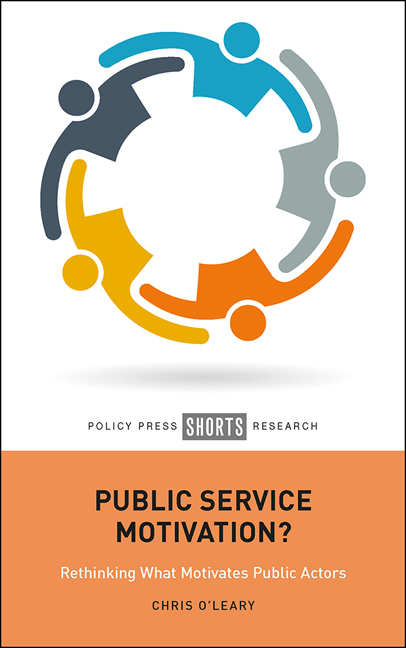Summary
Before I entered academia, I was a civil servant in the UK. I spent five years as a policy director in an executive Non-Departmental Public Body that was responsible for regulating a healthcare profession. As I joined this agency, the UK government announced its abolition and transfer of its responsibilities to a successor body.
Rational choice theory predicts that, when faced with the threat of agency death, civil servants will seek to create coalitions with agency beneficiaries to prevent termination. Agency staff will seek to further their own interests – continued employment and pay – regardless of any public interest that might arise from the change. And yet, following some initial hesitation by the agency’s board and significant opposition from professional bodies and service providers, the agency went on to become a keen advocate of, and played an instrumental role in, its own demise.
In public, the agency couched this in terms of the public benefit of improved public protection for patients, and reduced costs to the public purse. It also made clear that there were benefits to the regulated profession. Those opposed to the change also framed their arguments as being in the public interest. At one public meeting I attended to talk through the proposals, one member of the regulated profession commented that the agency was ‘turkeys voting for Christmas’ because of its advocacy of its own demise. But while the collective, public account of these changes were always advocated in the public interest, individual staff and board members also saw the benefits to them, individually. The challenges of proposing, managing and implementing policy change that involve closing down a public body, the potential career benefits, as well as what being involved would signal about their values, especially that they put the public interest of abolition ahead of the perceived self-interest of opposing abolition. Those who initially opposed the abolition also had self-interested reasons for doing so, not least because of the greater role that resulted for the professional bodies involved.
This mixture of self- and public interest motives, with individual and collective consequences, fascinated me.
- Type
- Chapter
- Information
- Public Service Motivation?Rethinking What Motivates Public Actors, pp. vii - xPublisher: Bristol University PressPrint publication year: 2022



